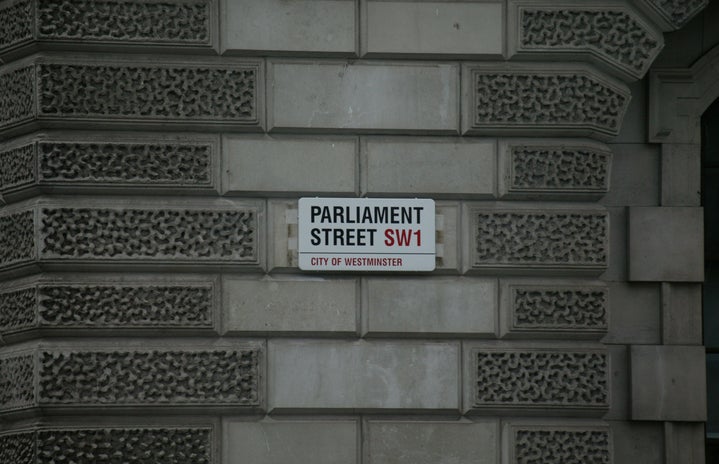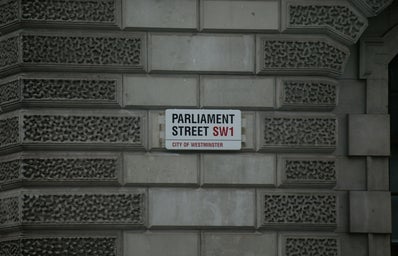A couple of weeks ago, just ahead of PMQs, Tory MP Christian Wakeford defected to the Labour Party. His defection set into motion a whole fresh set of implications for the British political landscape. So, what spurred Wakeford’s defection and what were the consequences of his decision?
Christian Wakeford had been a Conservative party member for nearly 20 years, but he was believed to have written a letter of no confidence in the prime minister after the revelations about lockdown parties in No. 10. However, it wasn’t just “partygate” that provoked Wakeford’s separation from the Tory party. In a letter to the PM, the ex-Tory MP said: “I can no longer support a government that has shown itself as consistently out of touch with the hardworking people of Bury South and the country as a whole.”
Wakeford approached Labour four months ago. Amongst other things, he was unhappy with the withdrawal of the £20-a-week Universal Credit Uplift that had been put in place by the Conservative Party. Though Wakeford did not vote against this policy, he had suggested he felt pressured to support it due to the heavy-handed enforcement of party discipline by Tory whips, which only furthered his disillusionment with his party.
Aware that Wakeford’s discontent was simmering, the Labour Party took their shot and spent four months courting Wakeford with Labour Party policies that they believed would appeal to him and the needs of his constituents.
Upon the surface, the Conservative government didn’t seem to be showing enough concern for the issues that Wakeford was raising, highlighting Labour’s appeal to Wakeford. According to the BBC, a meeting Wakeford had with the chancellor, Rishi Sunak, concerning the issues he felt surrounded cost-of-living crisis was unproductive.
The emergence of scandal after scandal regarding Johnson’s government became the final nail in the coffin for Wakeford’s party allegiance. The contentious “Owen Paterson affair” (who was accused of breaking lobbying rules) and the proliferation of allegations about lockdown-breaking parties in No. 10, all contributed to Wakeford’s sense that the leaders of his former party didn’t have any regard for the high standards expected of public servants.
Christian Wakeford won his seat by a slim majority in 2019, and he felt that aligning with a government that appeared to be delivering no change for his constituents and showing no regard for the sacrifices of his constituents during the pandemic was a liability. Consequently, he took a political leap of faith.
The defection has enabled Labour to build the narrative that they have moved away from the Corbyn era, that they can be trusted with delivering on the needs of everyday people, and that the Conservative Party is no longer fit for government. This provides Labour with hope that other Red Wall constituencies that swung Tory in 2019 will see Wakeford’s defection as a reason to come back into the Labour fold.
However, the defection has also exposed the disunity that still remains under Starmer’s Labour Party. The left-wing campaign group, Momentum, said that Mr Wakeford “should be nowhere near the Labour Party” and last week Laura Pidcock resigned from the Labour National Executive Committee (NEC), citing “a hostile territory for socialists.”
In contrast – perhaps surprisingly – the defection has taken some of the back-bench pressure off Boris Johnson for the time being. Some Conservative MPs have seen Mr Wakeford’s decision as treacherous, causing them to rally around the PM. Having said that, Boris Johnson still has an uphill battle to climb when it comes to regaining the trust of his backbench MPs after the recent events.
Allegations that Tory Party whips have been verbally abusing and blackmailing backbench MPs highlight their alienation and mistreatment. The continuous shadow of the yet to be concluded Sue Gray report, and the Met Police Investigation continues to undermine Tory constituency work and relationships with constituents. Until all of this comes to a close, Boris Johnson and the rest of the government will need to take a more conciliatory approach towards Tory backbenchers, rather than continuing to act aloof and unconcerned with their frustrations.


